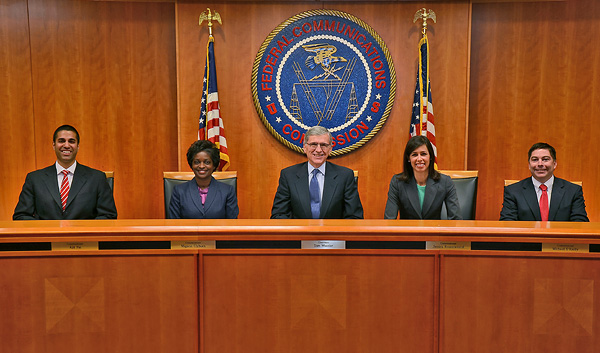
In early 2016, FCC’s Chairman Tom Wheeler released a new proposed set-top box mandate. As the FCC moves forward with the proposal, Americans for Tax Reform’s President Grover Norquist submitted comments in opposition to the regulation.
The problem with the proposal is that it will distort the marketplace and violate programmer’s private property and contract rights by making video programming accessible to third-party devices. With this proposed rule, the FCC is interfering with the contracts made between content creators and service providers by creating an avenue for interference by third parties. The FCC should be upholding these privately made contracts instead of undermining them.
For years now, companies have already been developing alternative devices and apps for consumers to access content. These alternatives were produced under free market principles and not under excessive regulations from the FCC. There is simply no need for the FCC to step into the market and create unwelcomed regulations.
See Grover Norquist’s full comments below:
April 20, 2016
Dear Chairman Wheeler and Fellow Commissioners,
Thank you for the opportunity to submit comments regarding the proposed set top box mandate. I believe that going forward with this rule making will have the unintended effect of limiting competition and favoring one group of competitors over others, which will result in increased consumer costs and delayed innovation.
I urge you to allow competition to continue under free market principles. Technology companies are already free to compete in the TV market on level terms, by negotiating with content owners to license video programming and offer a competing video service – as new entrants like Netflix, Hulu, and Sling TV have already done in recent years. There is no need for the FCC to put its thumb on the scale.
Allowing third party providers to aggregate and disseminate content without the content owner’s permission, violates the programmers’ private property rights and distorts the marketplace. It is the FCC’s duty to secure individual rights, including upholding contracts and enforcing copyright law, but this mandate would instead undermine privately negotiated licensing contracts. The agency cannot deliver these rules and call it competition.
However, by re-examining competition through the lens of content creation and delivery platforms, I think we can agree that competition is alive and well.
The set top box is a thing of the past. Charter and Time Warner Cable already supply video content to consumers via apps that don’t require any set top box at all. Comcast just announced that it will offer its service, including linear TV, via an app that is compatible with both Samsung internet TVs and Roku.
Video providers’ apps are compatible with hundreds of millions of consumer-owned devices; its exactly the wrong time for a federal mandate that will “lock in” box technologies at a time when consumers are already moving away from the leased set top box.
Apps and access to quality content are what have been driving consumer preferences for video viewing, not the hardware that they use.
There are plenty of other third party devices that consumers use to access apps: gaming consoles, Apple TV, Roku, TiVo, computers, tablets and mobile phones. There are plenty of OTT services that are available via apps: Netflix, Amazon Prime, YouTube, Hulu, Vudu, HBOGo and more. When I wanted to rewatch the presidential debates the following morning, I was able to watch them via the YouTube app on my iPhone while brushing my teeth.
All of the competitors listed above have entered into some type of contract with a content provider. These contracts are agreements as to how content will be disseminated, where, what time, legal obligations, copyright considerations, how long it will be available, ect. The FCC’s proposal would undermine the sanctity of these contracts by allowing device makers to disregard voluntarily negotiated terms.
The micromanagement of inter-business relationships attempts to set aside our goals as a free market economy in favor of what the FCC and Administration think is best.
The marketplace for video devices and services is already functioning well, and the goal of increasing consumers’ choice for video devices is already being realized in the marketplace. There is simply no need or justification for an anti-competitive mandate such as the one the Commission is considering.
I urge you to reject this proposal.
Onward,
Grover G. Norquist

